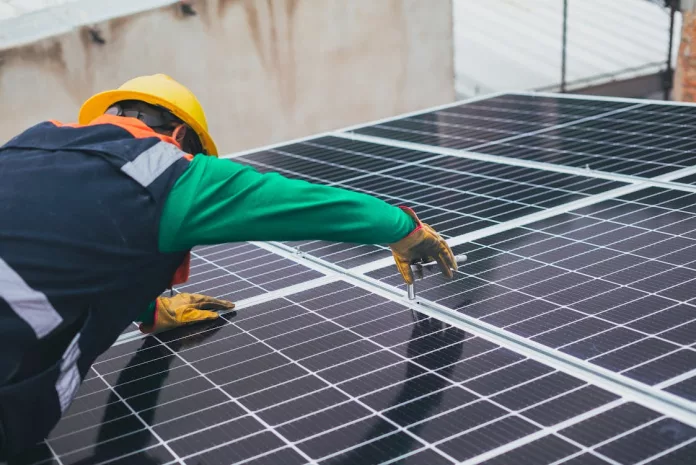The recent announcement from the U.S. Department of Energy (DOE) brings new life to disadvantaged communities with a history tethered to fossil fuel industries. Under the nimble and visionary Communities Local Energy Action Program (Communities LEAP), thirty communities have been chosen to benefit from personalized technical assistance, collectively valued at $18 million.
The Impact of Communities LEAP
The program, which positions these communities to orchestrate robust clean energy futures, facilitated the creation of comprehensive action plans. These plans are set to reduce air pollution, bolster energy resilience, ease the financial strain of soaring utility costs, and generate well-paying jobs.
“Communities that have been overburdened and underserved for far too long can now leverage the federal tools needed to bring their clean energy future to life,” declared U.S. Secretary of Energy Jennifer M. Granholm. “Through in-depth, customized technical assistance, Communities LEAP helps give local governments, Tribes, and community-based organizations an extra boost to further their progress of actionable plans that lower costs while protecting the health and safety of all residents.”
This transformative initiative speaks to the soul of the Biden-Harris Administration’s commitment to supporting community-led shifts towards sustainable energy economies. Communities LEAP is a pivotal piece of the administration’s Justice40 commitment and a direct response to the Interagency Working Group on Coal and Power Plant Communities, highlighting a concentrated effort to assist communities most affected by the energy industry’s evolution.
A Network of Collaboration and Support
With DOE’s network of knowledgeable providers, local coalitions, and a host of organizations ranging from local and tribal government entities to environmental justice institutions, the 30 communities in the new LEAP cohort will chart paths of clean energy-induced economic growth.
Focus areas for these communities encompass a broad spectrum of clean energy and sustainability pursuits, like energy-efficient building strategies, clean transportation initiatives, community microgrids, and advanced nuclear technologies.
Spotlight on Selected LEAP Communities
Selected communities span the United States, from Adjuntas in Puerto Rico to Alachua County in Florida, Detroit in Michigan, and beyond—a diverse geographic spread united in their pursuit of a cleaner, equitable energy landscape.
Representative Terri A. Sewell (AL-07) praised the ongoing commitment to Alabama’s Black Belt, noting, “Every community deserves clean air and good paying jobs. As we transition to a clean energy future, this program will help ensure that the people of the Black Belt are not left behind.”
Energy project developers, like Cooperativa Hidroeléctrica de la Montaña in Puerto Rico, and community advocates, such as Marvin Lim from the Lucky Shoals Community Association in Norcross, GA, hail the program. They recognize its potential to transcend typical resource limitations and to energize community-specific renewable projects, laying the foundations for cost-effective, resilient energy solutions in their regions.
The DOE’s Office of State and Community Energy Programs manages Communities LEAP, with contributions from a suite of DOE offices that together endorse the initiative’s comprehensive, inclusive support network.
With Communities LEAP, there’s a palpable sense of optimism for these selected communities as they leap toward a brighter, cleaner, and more equitable future.

























